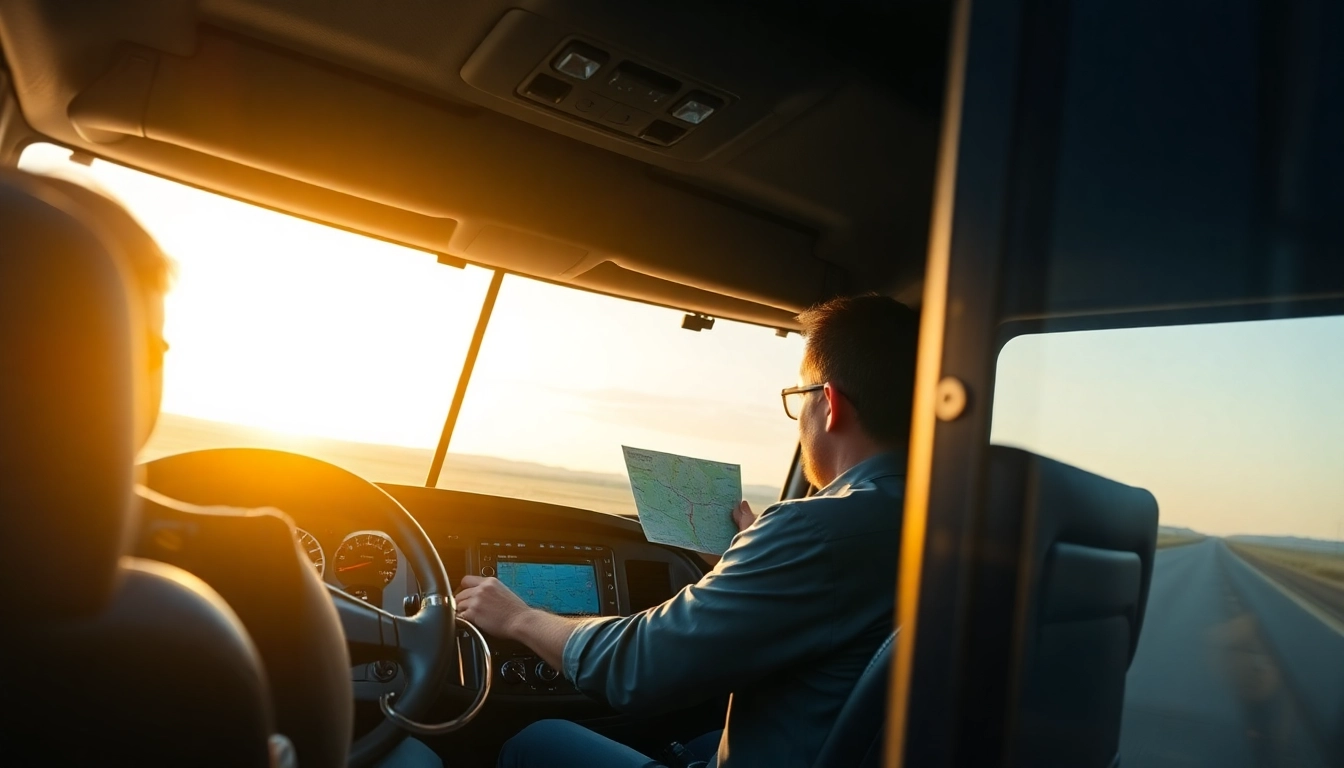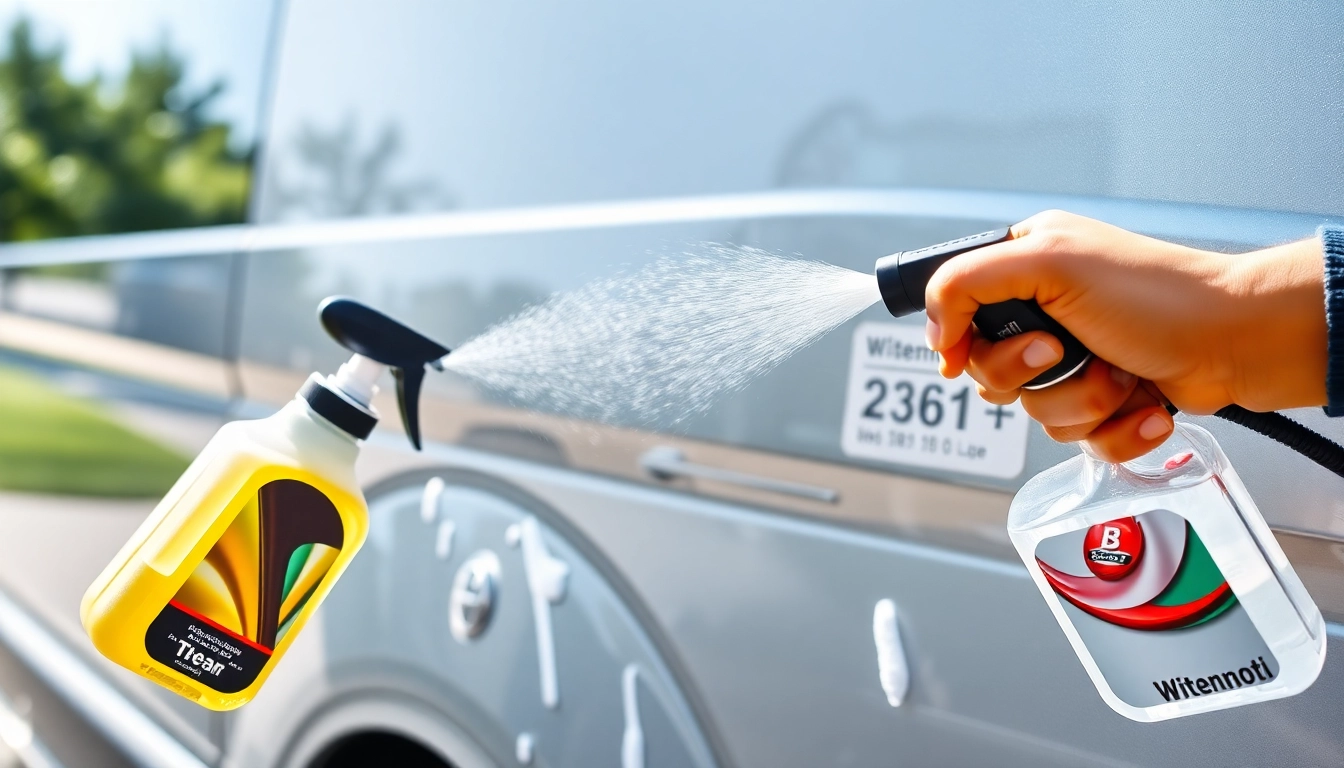Understanding the Legality of Buying a UK Driving Licence Without Test
Obtaining a driver’s license is a significant milestone for many in the UK, enabling independence and mobility. While the standard route involves passing theoretical and practical assessments, some individuals seek alternative methods, including purchasing a license without undergoing the required tests. This practice, however, is fraught with legal and safety risks. This comprehensive guide explores the legal landscape surrounding UK driving licenses, the pitfalls of illegal acquisition, and legitimate pathways for those with specific circumstances.
Legal implications and potential penalties
Under UK law, a driving license must be obtained through a lawful process that involves passing relevant assessments to ensure driver competence and road safety. Attempting to buy a license without satisfying these legal requirements is a criminal offense. The Driver and Vehicle Licensing Agency (DVLA) and other authorities have strict regulations to prevent counterfeit licenses and illegal practices.
Penalties for attempting to procure or use a fake or illegally obtained driving license include hefty fines, points on your license, and even imprisonment in severe cases. Moreover, if caught with a fake license, offenders face criminal charges for forgery and fraud, which can severely impact their future opportunities, including employment prospects and visa applications.
Engaging in such illegal activities not only jeopardizes your legal standing but also poses a serious safety risk to yourself and others on the road. Authorities continuously upgrade their systems and employ advanced verification methods to detect fraudulent licenses, making illegal attempts increasingly risky and futile.
Risks involved in illegal license acquisition
Buying a UK driving license illegally often involves dealing with gray-market providers or online scammers who claim to issue genuine-looking documents. However, these licenses are counterfeit and provide no legal validity. The risks associated with this include:
- Financial loss: Buyers often pay large sums to scammers or illegal brokers, with little or nothing to show for it.
- Legal repercussions: Possession or use of a fake license can lead to severe criminal charges, fines, and a criminal record.
- Vehicle seizures and disqualification: If caught driving with a fake license, authorities may seize your vehicle, disqualify you from driving, and ban you from applying for a license in the future.
- Insurance issues: Driving with a fake or invalid license invalidates your insurance coverage, exposing you to significant financial liability in case of an accident.
- Personal safety risks: Fake licenses do not guarantee that the holder is a competent driver, increasing the risk of accidents and injuries.
Additionally, engaging in these illegal transactions can lead to social and legal stigmatization, making it harder to reintegrate into lawful practices afterward.
Why authorities crack down on fake licenses
UK authorities prioritize road safety and integrity of the licensing system. They have invested heavily in technological measures such as biometric verification, hologram features, and online databases to detect and prevent the distribution and use of fake licenses. Cracking down on counterfeit licenses helps maintain public trust, reduce road accidents caused by unqualified drivers, and uphold the integrity of the licensing system.
High-profile enforcement operations and increased penalties serve as deterrents to those considering illegal routes. Moreover, with the proliferation of online marketplaces claiming to sell genuine licenses, authorities regularly issue warnings and conduct audits to identify and dismantle illegal networks.
The importance of these efforts lies in reducing road-related fatalities and ensuring that all licensed drivers meet safety standards, which ultimately protects all road users.
Potential Risks and Consequences of Fake UK Driving Licences
How counterfeit licences can harm your driving record
Using a fake license might initially seem like a quick solution, but in reality, it harms your driving record significantly. Once detected, it leads to license suspension, disqualification, or legal action. Furthermore, any infractions or accidents involving a driver with a fake license might be untraceable, but if authorities do discover the license’s illegitimacy, it can result in criminal charges, which often include fines, bans from driving, and potential imprisonment.
Legal consequences if caught with a fake licence
Being caught with a counterfeit license is considered a serious offense. Penalties may include:
- Conviction for fraud or forgery, which remains on your criminal record.
- Fines that can range into thousands of pounds.
- Potential imprisonment, especially for repeat offenders or those involved in larger criminal schemes.
- Disqualification from driving, which can last several years.
- Difficulty obtaining legitimate licenses or employment due to criminal records.
Impact on insurance and legal liability
Having a fake license affects your insurance coverage drastically. Most providers will refuse to insure drivers using fraudulent documentation, meaning in the event of an accident, your insurer may decline claims, leaving you personally liable for damages and injuries. This can lead to significant financial ruin, especially if involved in liability collisions with injuries or property damage.
Authentic Ways to Obtain a UK Driving Licence Without a Test
While the idea of bypassing the driving test might seem attractive to some, the UK has established clear, legal pathways for those who may qualify for obtaining a license with minimal assessments or through exchanges. These options include:
Exchanging non-UK licences legally in the UK
If you hold a valid driving license from certain countries, you may be eligible to exchange it for a UK license without retaking the driving tests. This process involves submitting appropriate documentation, proof of residency, and paying a fee. Countries with reciprocal agreements typically include European Union nations, EEA countries, and some others, but the list varies and is subject to change.
Learn more about the exchange process on official sites like GOV.UK.
Applying for provisional licences with minimal tests
For most new drivers, the legal path involves applying for a provisional license, then completing the required theory and practical tests. However, in some cases, individuals with certain medical conditions or disabilities may qualify for specific exemptions or accommodations, reducing the testing requirements. These exceptions are strictly regulated and require thorough medical and legal assessments.
Prerequisites for legal licensing without full testing
Legitimate avenues for obtaining a license without the standard tests are restricted and carefully monitored. They typically involve:
- International driving license exchange agreements
- Provisions for certain foreign nationals or diplomats
- Driving licenses obtained through legal modification for medical reasons
Attempting to circumvent these legal channels through unauthorized methods breaches laws and nullifies your license’s validity.
Evaluating Online Services Claiming to Sell Licences
In the era of digital commerce, many websites and social media platforms claim to offer genuine UK driving licenses for a fee. While some might appear convincing, it is essential to approach these services with extreme caution.
How to spot legitimate versus illegitimate providers
Legitimate services are highly regulated and do not advertise the sale of licenses. They are involved in official processes such as license exchanges, renewals, or certification, which require proper documentation and verification. Conversely, illegitimate providers often:
- Guarantee quick and effortless license acquisition without testing
- Ask for payment upfront with no guarantees of legitimacy
- Operate websites that look unprofessional or have poor security features
- Make claims that contradict official government policies
Warning signs of fraudulent licence services
Be wary of:
- Offers to SELL a driver’s license directly
- Requests for personal data or payment outside official channels
- Guarantees of passing the driving test or instant licensing
- Surge pricing, especially with vague or no contact information
Recommendations for protected, legal licensing options
Always consult official sources such as the GOV.UK website for guidance. Registered driving instructors, authorized testing centers, and official licensing agencies are your trustworthy partners in obtaining a lawful UK driving license. Choosing certified providers ensures compliance with legal standards and long-term driving security.
Best Practices and Tips for a Hassle-Free Licence Process
Step-by-step application procedures
To navigate the licensing process smoothly, follow these steps:
- Verify your eligibility and gather necessary documents (proof of identity, residency, medical certificates if applicable).
- Apply online through the official GOV.UK portal or authorized service centers.
- Pay the associated fee (typically around £34 for online applications).
- Receive your provisional driving license by mail.
- Prepare for the theory test using approved materials or courses.
- Book and pass the theory test.
- Arrange practical driving lessons with a licensed instructor.
- Pass the practical driving test.
- Receive your full driving license upon successful test completion.
Necessary documentation and eligibility criteria
Applicants must provide valid proof of identity (passport or birth certificate), proof of residence (utility bills, bank statements), and meet health and fitness requirements. Legal restrictions, such as age limits and medical conditions, also apply.
How to ensure your licence is valid and recognized
Always obtain your license through official channels. Keep copies of all correspondence, receipts, and test results. Confirm that your license details are correctly recorded in the DVLA database, which can be checked online. Recognized licenses bear official security features, including holograms and watermarks, ensuring their legitimacy.



